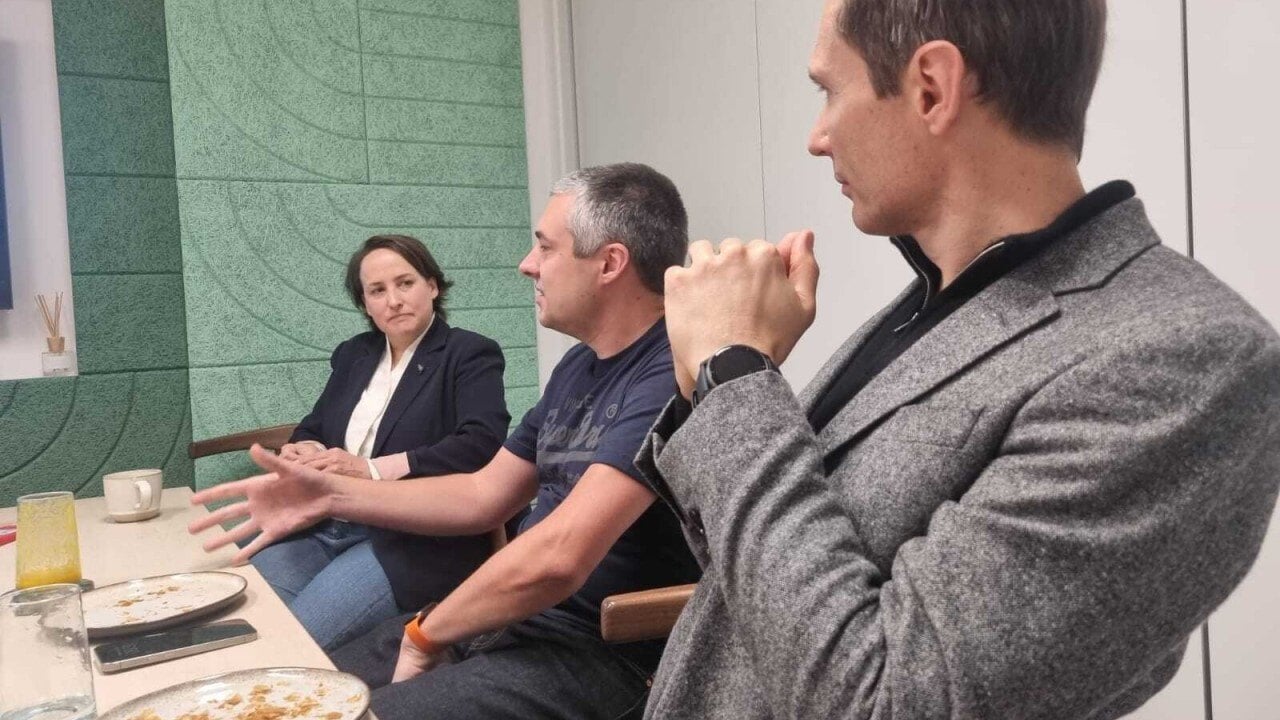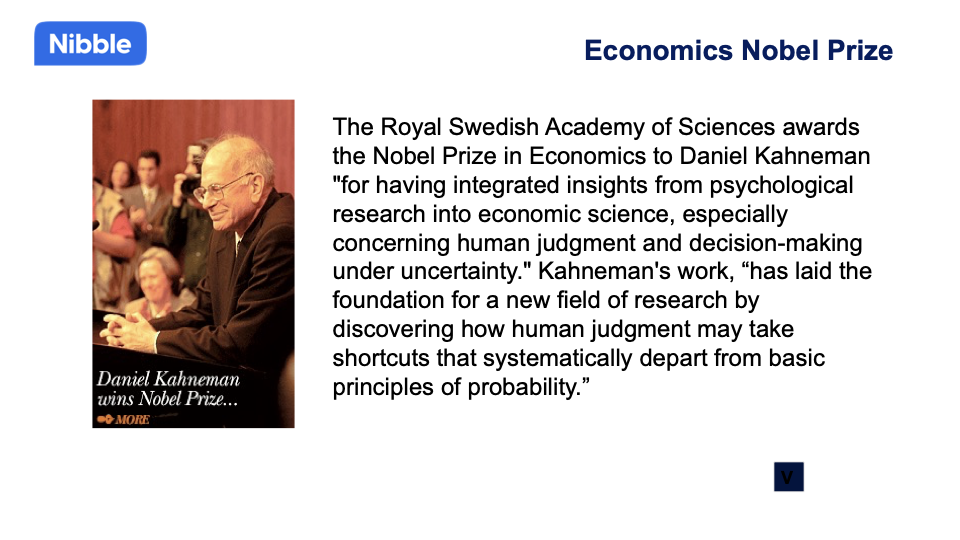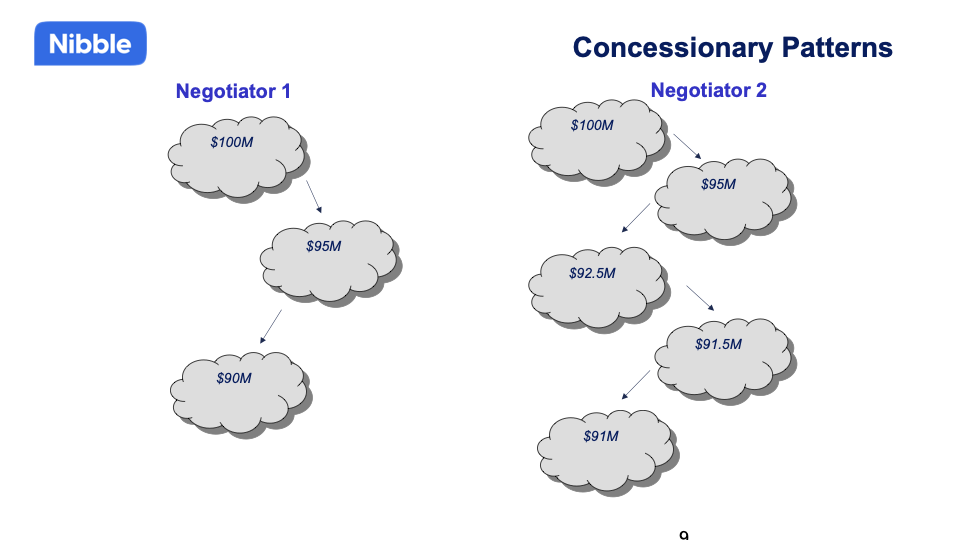
Last month, Gartner predicted that Machine Customers (“custobots”) will outnumber the human population by 1.8x by 2028, making trillions of dollars of purchases and rendering 20% of digital storefronts obsolete. It’s little wonder we were oversubscribed for our intimate roundtable events for senior leaders on the nexus of AI and negotiation…
London Business School’s Professor of Negotiation, Niro Sivanathan joined us to lead the sessions to discuss the future of negotiation and the of impact AI, both today and in the next few years.
We asked participants where they encounter negotiations in their day-to-day life. We heard examples from M&A deals, selling private companies, and renegotiating multi-year supply agreements. Others shared stories from early in their careers when they felt out of their depth or started negotiations on uneven ground through lack of information or preparation.
But negotiations aren’t just found in high-stakes business deals. They happen thousands of times daily on peer-to-peer marketplaces, in procurement, across B2B sales and, increasingly, even in ecommerce where Nibble negotiates over 100,000 a month.
A shared frustration was quickly discovered – no one wants to spend 45 minutes on live chat trying to renew a broadband contract. Surely AI could solve these everyday negotiation headaches? How is AI already leveraging real world negotiation techniques to improve and agree more deals, faster? Professor Sivanathan led our roundtable through some negotiation techniques, and how AI is already leveraging existing negotiation theory.
We started with the fundamentals and this important question:
Should you go first in negotiations?
The classic debate: should you go first? We surveyed over 20 senior leaders in the room, collectively responsible for billions of dollars’ worth of negotiations each year. Their answer? A resounding “It depends!”
But academic research says otherwise.
Professor Sivanathan quickly clarified the academic view: yes, you should always aim to go first in negotiations to anchor the conversation around your preferred outcome.
This idea is rooted in behavioural science, specifically the concept of insufficient adjustment bias, first researched by Nobel laureate Daniel Kahneman. When you go first, you anchor the conversation, making it more likely that the final agreement will land in your favour. Niro showed the power of this phenomenon with a great example of being able to predict the final sale price of a house, simply by looking at its asking price and the first offer made by the buyer and calculating the average.

Even at Nibble, we’ve tested this strategy. We found that through Nibble going first, and therefore setting discount expectations to customers, boosted conversion by 40%.
Negotiation is a learned skill grounded in science, more than art
Despite the mystique surrounding negotiation, Professor Sivanathan emphasized that it’s more science than art. About 80% of a negotiation’s success happens in the preparation phase, with only 20% taking place in the actual negotiation room.
Don’t be fooled—negotiation is something you can learn and get better at. It’s not an innate skill reserved for a select few, despite what it may seem at times. Being a great negotiator is a LOT of behavioural science and just a little bit of an art form – no one is born a top negotiator. You don’t need to adopt a FBI hostage negotiator persona either.
AI’s role in agreeing more optimal deals
As our conversation shifted toward the role of AI in negotiation, we ventured into existential questions about the future of human involvement. Could we see a world where AI negotiates with AI, leaving humans entirely out of the equation? It’s possible—and it could even lead to better outcomes.
One key concept we explored is the Pareto Maximum, which represents a negotiation where all possible value has been unlocked, growing the pie instead of just dividing it. AI has the potential to reach Pareto-optimal outcomes more consistently than humans, who may let pride or personal biases get in the way. AI, on the other hand, is more likely to prioritize the best possible deal, even if it requires concessions.
Human-human negotiations undoubtedly include some element of bias every time. With AI in the mix, knowing nothing about you on the other side of the keyboard, we can ensure personal biases do not affect the ultimate outcome of a negotiation, leading to more win-win deals overall that do not leave one party feeling like they have ‘won’ over the other.
Building long-term relationships with negotiation
One crucial aspect of negotiation is how the outcome makes both parties feel, and how that impacts long-term relationships. A striking example was shared during our events about a multi-year contract that was so one-sided that, after just one year, the losing party never returned to renew.
It is clear that one-sided deals may provide short-term wins but won’t build long-lasting relationships. This is why we strive for agreeing win-win deals with Nibble, where both parties feel they have compromised fairly to agree a deal – did you know, shoppers who have used Nibble have a 10% higher repeat order rate than those who haven’t? Successful negotiations can foster meaningful, long-term relationships with your customers but you need to plan your strategy for making concessions in advance.

On the other side of things, if one party has other options–for instance, they can walk away happily, as is often the case if the negotiation at hand is a “treat”–they won’t endure a lengthy, difficult negotiations. Look at the image above – which Negotiator do you think has reached their walkaway limit? Negotiator 2’s exponentially decreasing offers make it seem like they are approaching their walkaway before Negotiator 1.
This is another situation where AI can help, streamlining the negotiation process and reaching deals faster, reducing the perceived time cost of the negotiation.
Looking ahead: AI scaling negotiations in enterprise
Our webinar attendees left feeling more confident in their negotiation abilities and excited about how AI can “learn” these same negotiation skills to apply them at scale in global enterprises.
As we wrapped up the session, let’s be honest, we had raised more questions than we had answered – what will the future of negotiation hold? One thing is certain: whether it’s AI-to-human or even AI-to-AI, the rules of the game are changing fast.
Interested in Nibble?
